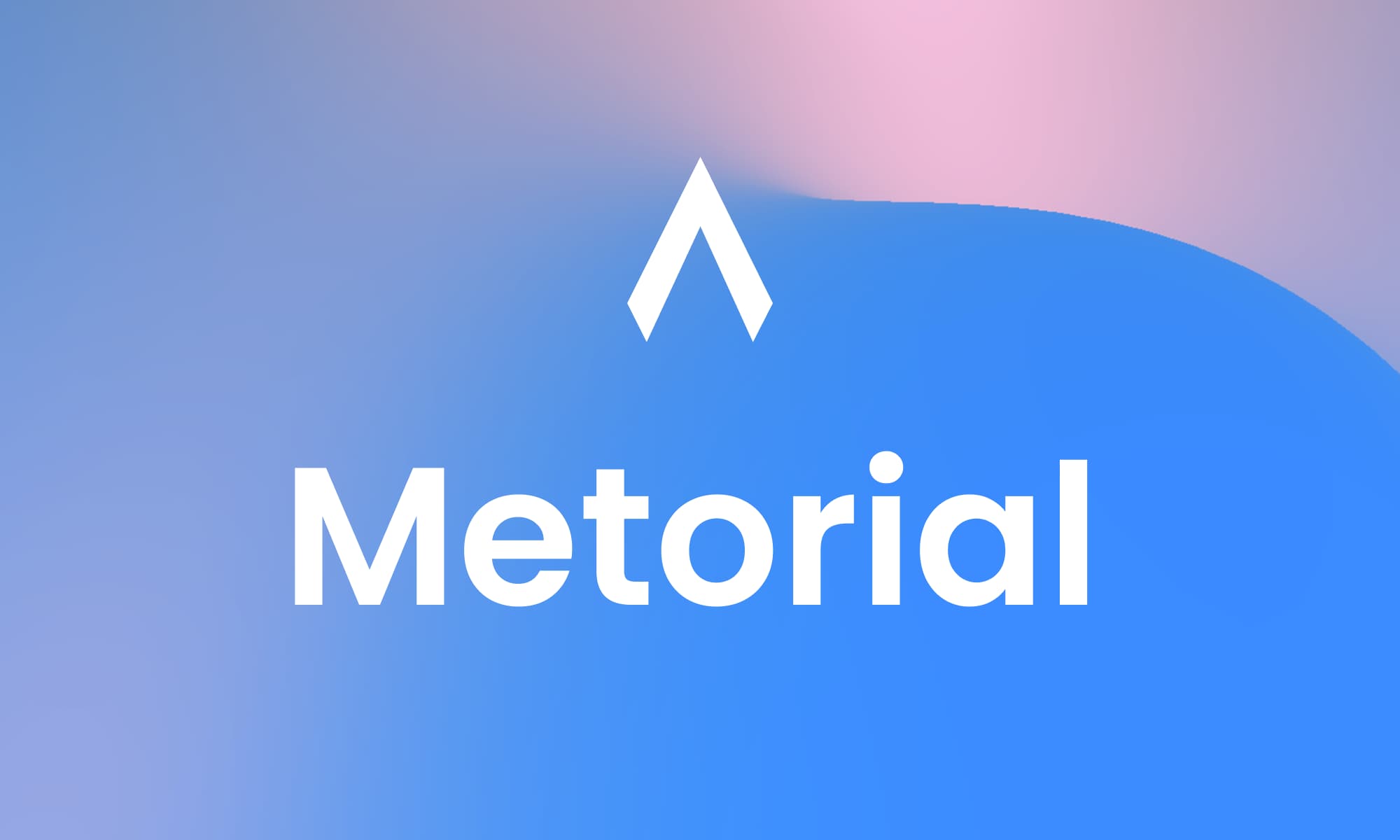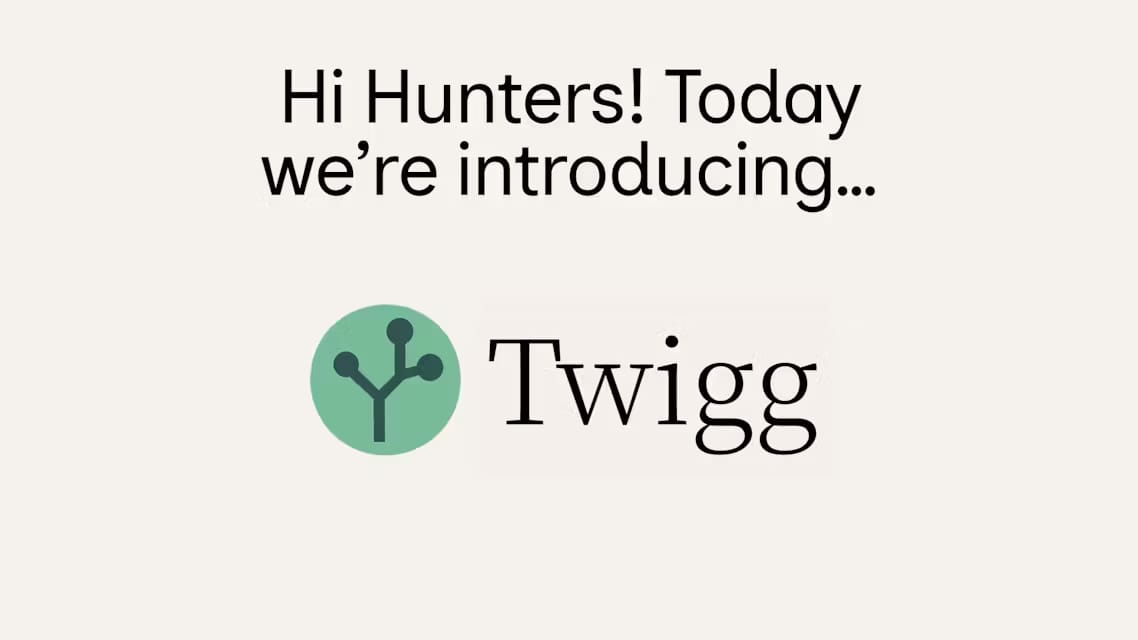Good morning. It’s Friday, October 24th.
On this day in tech history: In 2008, the DARPA PAL program (Personalized Assistant that Learns) reached full scale after a five-year effort to build cognitive assistants that could reason, learn, reflect and adapt. The core project, CALO (“Cognitive Assistant that Learns and Organises”), deployed hundreds of researchers across 25 institutions and laid groundwork behind today’s AI assistants.
In today’s email:
Google’s Quantum Breakthrough
OpenAI’s “Company Knowledge”
Microsoft’s Massive Copilot Update
5 New AI Tools
Latest AI Research Papers
You read. We listen. Let us know what you think by replying to this email.
Master ChatGPT for Work Success
ChatGPT is revolutionizing how we work, but most people barely scratch the surface. Subscribe to Mindstream for free and unlock 5 essential resources including templates, workflows, and expert strategies for 2025. Whether you're writing emails, analyzing data, or streamlining tasks, this bundle shows you exactly how to save hours every week.

Today’s trending AI news stories
Google just proved quantum computing isn’t a theory anymore with its Willow processor
Google just showed what the next era of computation might look like.
In its latest Nature paper, Google Quantum AI revealed the Willow processor, a 105-qubit machine that finally delivered a verifiable quantum advantage. Not a marketing stunt. Not a simulation. A real, repeatable leap.
Using an algorithm called Quantum Echoes, Willow ran molecular simulations 13,000 times faster than Frontier, the world’s most powerful supercomputer. And because its results can be independently checked, this marks the first time quantum computing has crossed from theory to testable reality. With an error rate of just 0.1%, Willow hints at an entirely new class of scalable, self-correcting quantum systems, the kind that could one day design new drugs, materials, or even energy solutions.

Then there’s VISTA, Google AI’s new self-improving text-to-video agent. It plans scenes, runs tournaments between its own outputs, critiques itself across visual, audio, and contextual layers, then rewrites its prompts for another round. No retraining, no human intervention. Just recursive evolution at inference time. In tests, it won 60% of head-to-heads and earned a 66% human preference score.
Rounding it out, Google is plugging Gemini deeper into Google Earth. The new Geospatial Reasoning framework connects Earth’s AI models for weather, satellite imagery, and population data so users can ask complex questions like “Which areas are most at risk of flooding next season?” or “Find algae blooms near drinking water supplies.” Trusted testers can even mix in their own datasets for more detailed analysis. Gemini support is rolling out to Google Earth Pro and Ultra users in the US. Read more.
ChatGPT gains full enterprise insights with ‘Company Knowledge’
Company knowledge in ChatGPT is now live, letting users pull and synthesize data from Slack, Google Drive, GitHub, SharePoint, Gmail, HubSpot, and more. Built on a GPT‑5 variant tuned for multi-source reasoning, it delivers context-aware, citation-backed insights, combining structured and unstructured data.
Enterprise controls include role-based access, SSO, SCIM, IP allowlisting, and full audit logs for SOC 2 and ISO 27001 compliance. Admins can manage which connectors are active, while users authenticate individual apps to get verified information - all in a single interface.
Shared Projects is also expanding to Free, Plus, and Pro users, enabling teams to collaborate on shared chats, files, and instructions within a single workspace, streamlining workflows and boosting coordination.
On the MacOS front, OpenAI also acquired Software Applications Incorporated, creator of Sky, a Mac automation tool. Sky’s agentic AI can interpret screen content and act across apps. OpenAI plans to integrate Sky into ChatGPT for advanced system-level tasks, from coding to cross-app automation, giving macOS users AI-driven workflow control and positioning OpenAI ahead of Apple’s 2026 Siri overhaul.
Sora is adding pet and object “cameos,” clip-stitching video tools, and social channels for schools and companies, with Android support coming soon.
Meanwhile, OpenAI has flagged security risks in its new browser, ChatGPT Atlas, specifically prompt injection attacks. The browser now includes logged out mode, watch mode, overlapping guardrails, and model-level defenses, complemented by ongoing monitoring and rapid response systems to counter emerging threats.
Finally, OpenAI, Oracle, and Vantage are building the $15B Lighthouse AI campus in Wisconsin as part of the Stargate initiative, delivering 4.5 gigawatts of IT capacity, 4,000+ construction jobs, and over 1,000 permanent positions to power ChatGPT, Copilot, and future AI workloads. Read more.
Microsoft puts Copilot at the core of its AI push with its biggest update yet
Two days after OpenAI launched its ChatGPT Atlas browser, Microsoft followed with a major Copilot update that ties its AI system across Edge, Windows, and core productivity apps. Copilot is now positioned as Microsoft’s unified automation and reasoning layer, built to handle search, tasks, collaboration, and creative work from one place.
Inside Edge, Copilot Mode has evolved into a full AI browser. It can access open tabs with permission, summarize pages, compare information, fill forms, and perform actions such as booking hotels or unsubscribing from newsletters. New tools called Actions and Journeys let the AI carry out in-browser tasks and track related browsing sessions, allowing it to maintain context across multiple visits.
A new animated companion named Mico gives Copilot a visual identity across Windows, Edge, and mobile. Mico reacts to voice and expression, and even has an Easter egg that turns it into ‘Clippy’ when tapped repeatedly. Copilot also gains Real Talk, a conversational mode that responds in a more direct, grounded tone, and Learn Live, a guided tutor for interactive explanations.
Copilot now supports group chats for up to 32 people, connects to Gmail, OneDrive, and Calendar, and gives you control over what it remembers. Even Paint gets an AI-powered Restyle tool that can change an image’s artistic style in seconds. Microsoft is no longer chasing another app launch, it’s building the operating system of attention. Read more.
Anthropic gives Claude a memory - and a million Google chips to think with
Anthropic has rolled out Claude Memory for Pro and Max subscribers, giving the chatbot the ability to retain project context, user preferences, and workflow details across conversations. Each project gets its own isolated memory space to prevent data crossover, and users can view, edit, or delete any stored information. An incognito mode disables memory entirely, and users can even import or export memories from other chatbots like ChatGPT or Gemini - no lock-in.
To power its growing models, Anthropic inked a multibillion-dollar deal with Google for access to up to one million Tensor Processing Units (TPUs), representing more than one gigawatt of compute capacity set to come online in 2026. The partnership leverages the TPUs’ price-performance efficiency to accelerate Claude’s next training cycles.
CEO Dario Amodei also publicly backed President Trump’s AI Action Plan, citing a $200 million defense contract and Anthropic’s bipartisan approach to AI governance, while defending support for California’s AI transparency bill. Read more.


5 new AI-powered tools from around the web

arXiv is a free online library where researchers share pre-publication papers.

Thank you for reading today’s edition.

Your feedback is valuable. Respond to this email and tell us how you think we could add more value to this newsletter.
Interested in reaching smart readers like you? To become an AI Breakfast sponsor, reply to this email or DM us on 𝕏!








